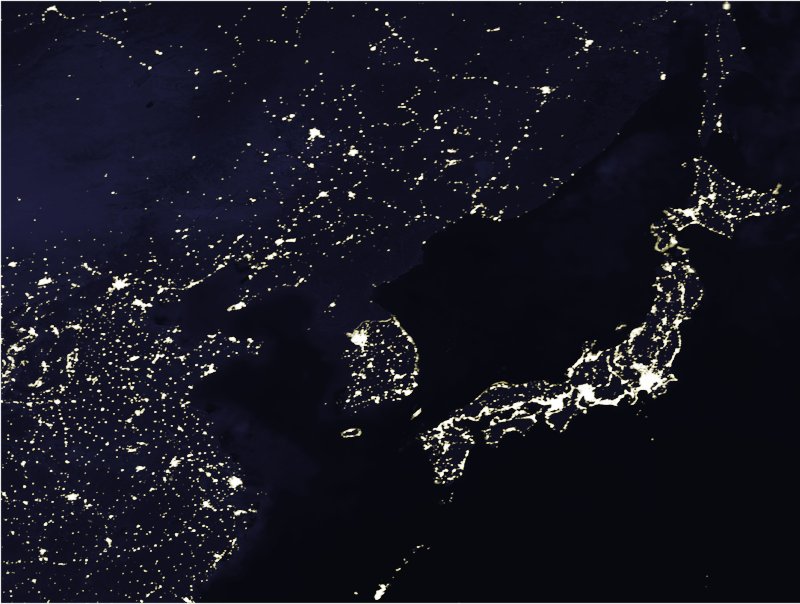Swank v0.05.00
Viet Nam
Viet Nam is an almost unconditional tragedy for every side. The Vietnamese people have an ancient history of desiring freedom. During 1000 year of subjection to the Chinese, the spirit of freedom was kept alive by tales of early revolts led by women. Then after about 900 years of independence, they were made a colony of France, and suffered the same mistreatment that most natives suffered at the hands of colonial Europeans.
Ho Chi Minh traveled the world searching for a solution to his people's subjugation, and he believed he had found his answer in communism. After returning to Viet Nam he started independence movements, and declared North Viet Nam free from France after the end of World War II. This started the "French War", lasting almost 10 years, until the French were defeated. He established a repressive communist government while gaining popular support as "Uncle Ho" by preaching to the people's desire for independence.
The United States feared a "domino effect" of countries falling to communism in Asia, so they funded the French War, and subsequently supported South Viet Nam against the North as Ho Chi Minh fought for a united Viet Nam. South Viet Nam's corrupt government could not resist the North alone, so the United States escalated from aiding the South to fighting the war for the South in the "American War" which lasted nearly 20 years. In the end popular protests prompted US leaders to withdraw from Viet Nam completely, after which the South was overrun with hardly any resistance, and a united, communist Viet Nam was formed.
The only glimmer of hope in the story is that in 1986 after 10 years of oppressive communist centralized control, a new generation of leaders instituted a slow series of economic renovations called "Doi Moi." Although slow to make progress in other areas, Viet Nam now has a market-oriented and fast-growing economy, bringing some improvement to the people's lifestyles. In 2000, the party stated a goal to transform Viet Nam into a "law-governed" society. Progress is slow, and the communist party tolerates no opposition or dissent to its rule, but at least there is hope for continued improvement for a people with an ancient tradition of freedom.
Essay Assignment
Imagine being in the place of President Nixon in 1969. Did he do the right thing with a slow troop withdrawal, and trying to turn the war over to the South Vietnamese? Should he have withdrawn U.S. involvement faster or immediately? Should he have fought harder and longer to defeat communist North Viet Nam? What do you think would lead to the best possible outcome?
One could also base a good essay on the following quotation from Martin Luther King speaking on Viet Nam, which was thematic for this topic:
Our greatest defense against communism is to take offensive action in behalf of justice. We must with positive action, seek to remove those conditions of poverty, insecurity, and injustice, which are the fertile soil in which the seed of communism grows and develops. -- Martin Luther King
Documents
Declaration of Independence (of Viet Nam) -- Written by Ho Chi Minh in 1945, he states his opinions and goals.
Preamble to the Viet Nam Constitution of 1992 -- this is the current constitution of Viet Nam.
Quotations from Ho Chi Minh (included in Vietnam-docs.odt )
It is also interesting to contrast Vietnam with Korea, which remained divided after a similar conflict. (See the korea-at-night.jpg picture.)

Links
America and Vietnam: The Elephant and the Tiger by Albert Marrin An excellent account of Viet Nam's history and struggles for independence.
2006 report describing progress in Viet Nam in recent decades.